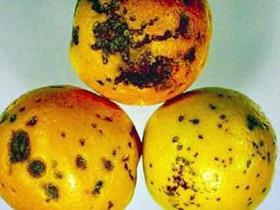
The prospect South African citrus exports being shut out of the EU has prompted a proactive response Australia’s citrus industry.
South African marketers were placed on high alert last year, when they were told a European import ban would be imposed on their fruit if inspectors found more than five cases of citrus black spot.More than 30 interceptions were made, but a temporary, essentially symbolic, blockade was only imposed at the conclusion of the season.
With agricultural producers organisations such as Copa-Cogeca putting pressure on the EU to take a more heavy-handed approach this year, Citrus Australia’s market development manager Andrew Harty believes South African exporters may be inclined to seek alternate export markets from the outset of this season. With an established foothold in a number of Asian markets, Harty said the Far East would be a logical choice of replacement market for the South African industry.
“We think this would be a massive disruption to world trade if 20m cartons of citrus that traditionally has gone into Europe suddenly needs to go somewhere else,” Harty explained.
To avoid an influx in head-on competition, and the prospect of saturation in key markets, Australia is assisting the South African industry with their push to retain European access.
“We feel there is no justification for any potential ban,” Harty said. “It’s been scientifically proven that fruit is not a pathway for the transmission of black spot. We feel market access should not be based on lobbying by domestic industries but on scientific evidence.”



